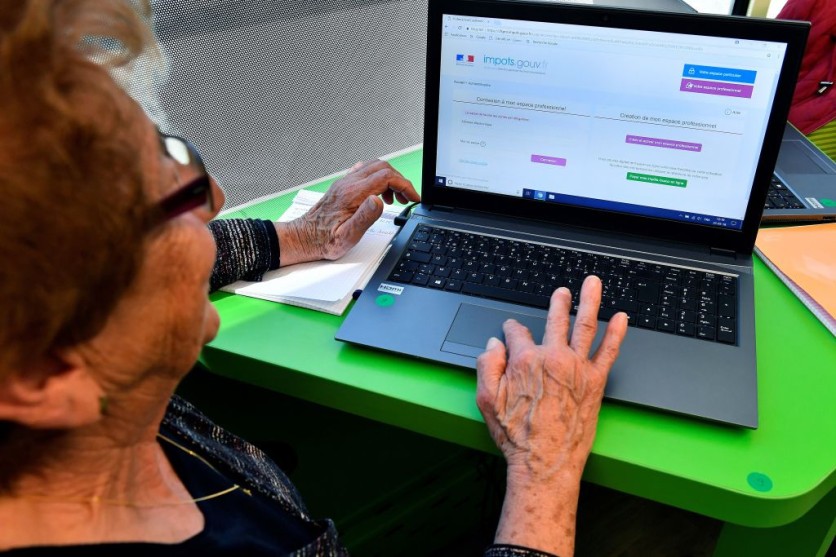Elder fraud is real, and it's happening everywhere. It's been increasing in numbers, and scammers can strike at any time while waiting for their next senior victims.
According to the 2021 Elder Fraud Report by the FBI, Americans over 50 years of age have been losing $3 billion since 2021 because of these cyberattacks. That's a 62$ increase compared to the 2020 data, the US security department says.
What is Elder Fraud?

Often, we hear the word "scam," and this could apply to all people regardless of age. However, scammers use a particular tactic to execute for their specific targets: senior citizens.
Based on Comparitech's "Senior Scam Statistics: 2019-2021," 20% of the victims in their 70's reported their money being stolen. The incident was higher for younger people at 44%.
The figure indicates that cybercriminals have scammed only a few elders in a span of two years. However, the experts believe this number is underreported because many seniors are less likely to report the incident to the authorities.
This alarming trend poses huge risks to elders who often fall into this scam. The attackers specialize in launching these phishing attacks on senior people via text, shopping apps, and social media sites.
Rise in 'Grandparent Scams' During the Pandemic
In the wake of the COVID-19 pandemic, many people are ordered to stay inside their houses because of the viral spread. Because of the heavy reliance on technology, some elders have started using smartphones, computers, and other gadgets.
According to Visa's global head of fraud services Michael Jabbara, the pandemic has a huge role in the scams.
"It's no surprise we've seen a massive shift over the years towards digital transactions, but with this shift, there's also an increased focus from fraudsters," Jabbara said.
Because of a lack of knowledge when it comes to using technologies, elderly people tend to be easily deceived by scammers. They tend to refrain from reporting the incident to the authorities.
Jabbara added that fraudsters often send suspicious emails or messages asking about donations to the seniors.
For the past five years, Visa has been on the lookout for cybercrimes linked to AI and data analytics. The company wants to guarantee that the network will remain safe for all users globally.
Visa's VP continued that elder fraud starts on social media. For instance, the grandparents will post a picture on their Facebook accounts.
Through this, the scammers could easily get their personal information and later hack their email and account. When they already get access, they will chat with the family member or any close friend of the victim and ask them if they can give any money or any means of help to the senior.
Related Article : Online Scams Are Apparently Victimizing Teens More Than The Elderly--Here Are Some Explanations
How to Protect Elders From This Fraud?
According to USA Today, these are the best methods that you can do to protect your grandparents and other old people from falling into a scam victim.
Careful posting of information: This works by restricting the information that will be shown online. It's better if you can set the senior account to private so only select individuals can have access to it.
Pay attention to money scams: If someone you don't know is asking for your money, assess if the situation is suspicious. Some scammers will ask the seniors to give them money because of emergencies urgently.
Device Security: Start using two-factor authentication when setting up an account. It's also smart to utilize a fingerprint scan or password on a device.
Read Also: Scam Alert! Fake Microsoft Emails About Queen's Death Can Steal Your Confidential Information
This article is owned by Tech Times
Written by Joseph Henry




